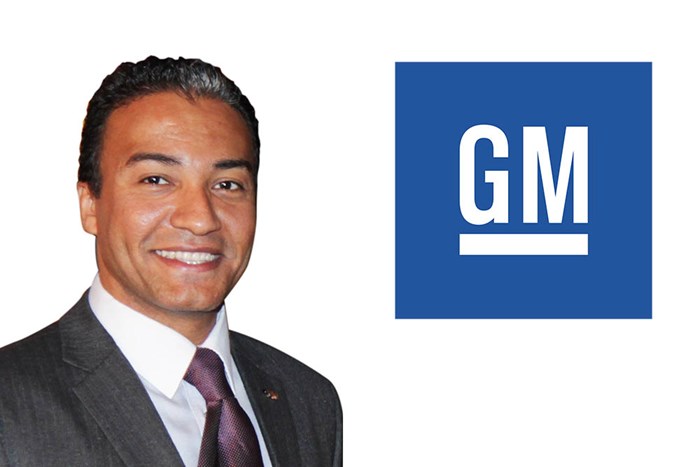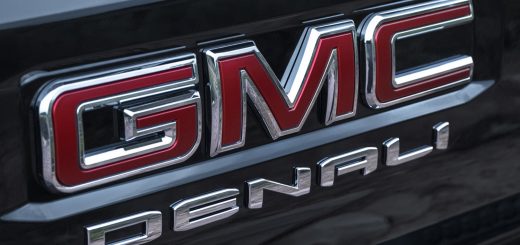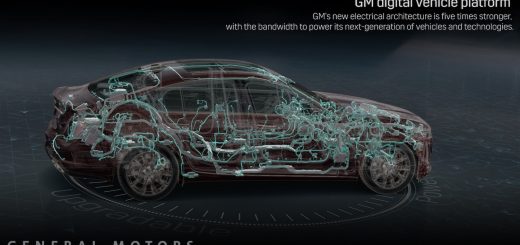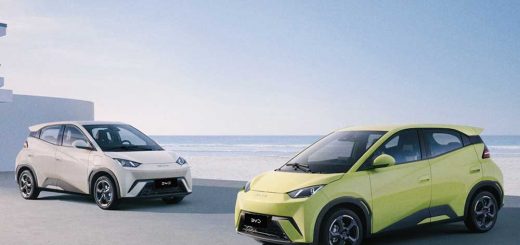Open markets, economies of scale, and market-specific specialization are key to increasing the global competitiveness of the Association of Southeast Asian Nations region (ASEAN) in the automotive industry, according to Wail Farghaly, managing director of General Motors Thailand and Chevrolet Sales Thailand.
Farghaly delivered the recommendations to the Thailand Automotive Institute’s CEO Forum in Bangkok, the purpose of which is to set direction for Thailand’s automotive industry for the next decade by developing national strategies, policy frameworks, measures, and a long-term action plan for industry growth. Forum participants included heads of automakers, parts manufacturers and other stakeholders.
“For Thailand and other ASEAN manufacturers to gain greater access to export markets, individual countries will need to open up their own markets to more global competition,” Farghaly said. “Meanwhile, each country must be specialized on specific products.”
In March 2015, General Motors began to restructure its Thailand operations by increasing dealer support, initiating voluntary separations, and re-focusing its vehicle lineup on four key models — the Cruze, Captiva, Trailblazer and Colorado — segments that represent 60 percent of the country’s auto sales. The move resulted in the discontinuation of the Spin and Sonic in the Thai Domestic market.
Farghaly also mentioned that Thailand can benefit from free-trade policies.
“As the largest and most capable auto-manufacturing industry in ASEAN, Thailand can lead and will certainly gain from pioneering free-trade efforts,” said Farghaly.
Such efforts include the ASEAN Economic Community’s continued progress in eliminating barriers to trade and adopting common and globally-recognized standards across ASEAN.
Farghaly said that GM supports more efficient powertrains but hopes that governments around the world can deliver clear and transparent direction on future emissions regulations. On the emerging vehicles front, Farghaly stated that technology for new vehicles such as electric cars exists, but that it must be supported not only by proper infrastructure, but also by a special tax structure that gives EVs preferential treatment to propel consumer demand.















No Comments yet